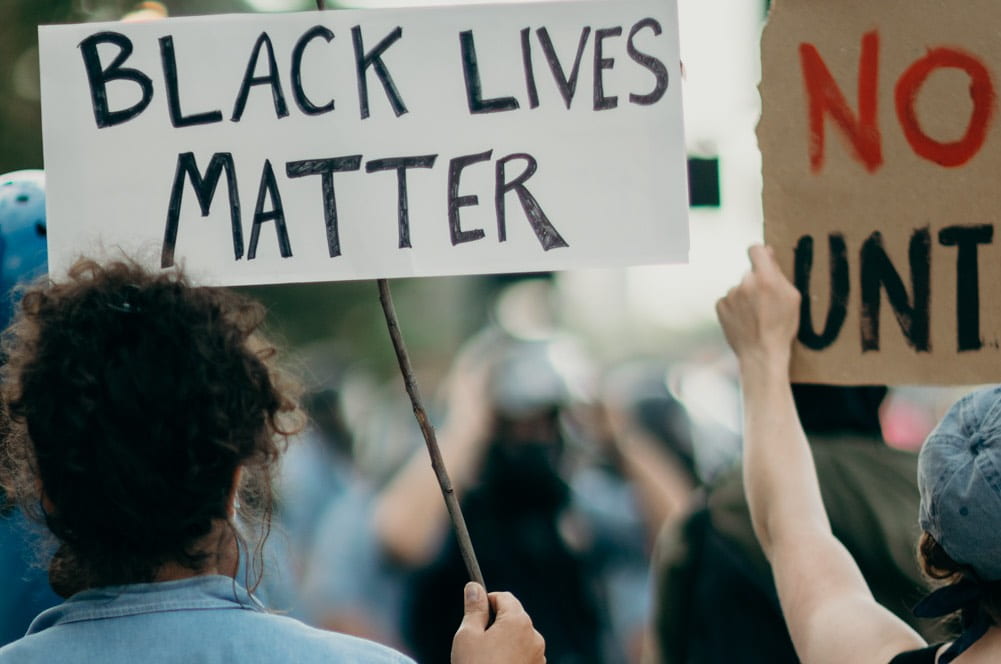There should be no doubt by now that we are not living in a ‘post-racial’ world. How can school history help bring understanding and hope?
By Blog Editor, IOE Digital, on 5 June 2020
5 June 2020
By Robin Whitburn and Abdul Mohamud
The COVID pandemic has taught all of us in 2020 about the need to think very carefully about the routine act of walking out of our home onto the streets to go about our business.
For most of us, this is, hopefully, temporary. But such vigilance has been required of Black people in this country constantly for centuries. Streets are not automatically safe spaces for Black people, especially Black men. The repellent and enraging scenes of George Floyd’s public killing by police officers in Minneapolis at the end of May should impel every one of us to self-examination and action.
Racial profiling by law enforcement officers regularly makes Black people open to brusque and brutal treatment without any further just cause on both sides of the Atlantic. Indeed, they are not necessarily safe in the confines of their own homes; the case of Breonna Taylor in Louisville, Kentucky, in March this year brings to mind those of Cherry Groce and Joy Gardiner in London in the 1980s and 1990s . What do we know of that history, and does the school curriculum ensure that we are prepared to make sense of the realities of race and racism in this century?
COVID has smashed gaping holes in notions of British exceptionalism. But history should have already taught us to be sceptical of false national pride and to searchingly examine the impact that British expansion has had on global peoples. The school history curriculum has too often laid the foundations for the premise that brutal racism and (more…)
 Close
Close



